Reasons Why A Computer is Running Slow
Too Many Active Programs or Browser Tabs
A computer’s CPU executes instructions using a “fetch-execute cycle,” and the process can be hindered when the CPU gets several instructions simultaneously. Running several active programs takes a lot of processing power and reduces the speed and performance of a computer. On the other hand, browser taps take up space on the Random Access Memory (RAM), which means opening several tabs reduces the processing power and memory available.
Rogue Programs Hogging Processing Power
A rogue computer program or software is malware that produces abnormal instructions that compromises a computer’s performance and speed. Sometimes, programs that encounter an error and fail to shut down can hog the processor. The task manager allows you to see rogue programs running slow and the amount of processing power they are consuming.
Maxed Out Memory or Hard Drive
A computer with a full hard drive is likely to run slow because the operating system does not have space to execute simple instructions, such as swapping files and creating temporary files. Adequate hard drive memory allows a computer to save temporary files that facilitate the smooth running of programs. Hard drive memory can max out because of downloads, temporary files, program updates, and files of deleted programs, while RAM gets filled by programs.
Computer Hardware Failure
The RAM, CPU, and Hard Drive are important computer hardware determining processing speed. RAM and Hard drive stores computer data and programs that CPU needs in real-time. If the RAM and Hard Drive spaces are sufficient and the CPU is running smoothly, then a hardware failure might be the reduced processing speed.
How to Fix a Slow Computer
Free Up Space
Unused computer programs and temporary files might be the reason why your computer is slow. Uninstalling unused applications and computer programs, particularly pre-installed programs, improves computer speed since fewer applications will run in the background. On the other hand, deleting temporary files, such as caches, cookies, and internet history, frees up valuable space on the hard disk and speeds up the computer.
Improve Hard Drive Storage or Install Solid State Drive (SSD)
A full hard drive can reduce a computer’s processing speed by up to 50% and improve available space by emptying the trash bin, using cloud storage service, and running a disk cleanup utility. A hard drive disk (HDD) offers more storage than SSD memory but is usually slow. SSDs are faster than HDDs because they use electrical circuitry and have no physical moving parts. Installing an SSD to speed up your computer requires mechanical expertise; hence, the need to take your computer to an expert.
Increase the RAM
A computer’s processing speed depends on the speed of the RAM. A faster ram increases the speed at which memory transfers information to different computer components. Increasing your computer RAM is a more cost-saving approach than buying a new computer with a larger RAM.
Computer is Running Slow?
A fast-running computer translates to high productivity and efficiency. Computers often run slow because of reduced storage space, damaged hardware, rogue programs, and too many active programs, which our computer repair experts at UNIFYmts can fix. You can also follow us on Facebook!




Recent Comments